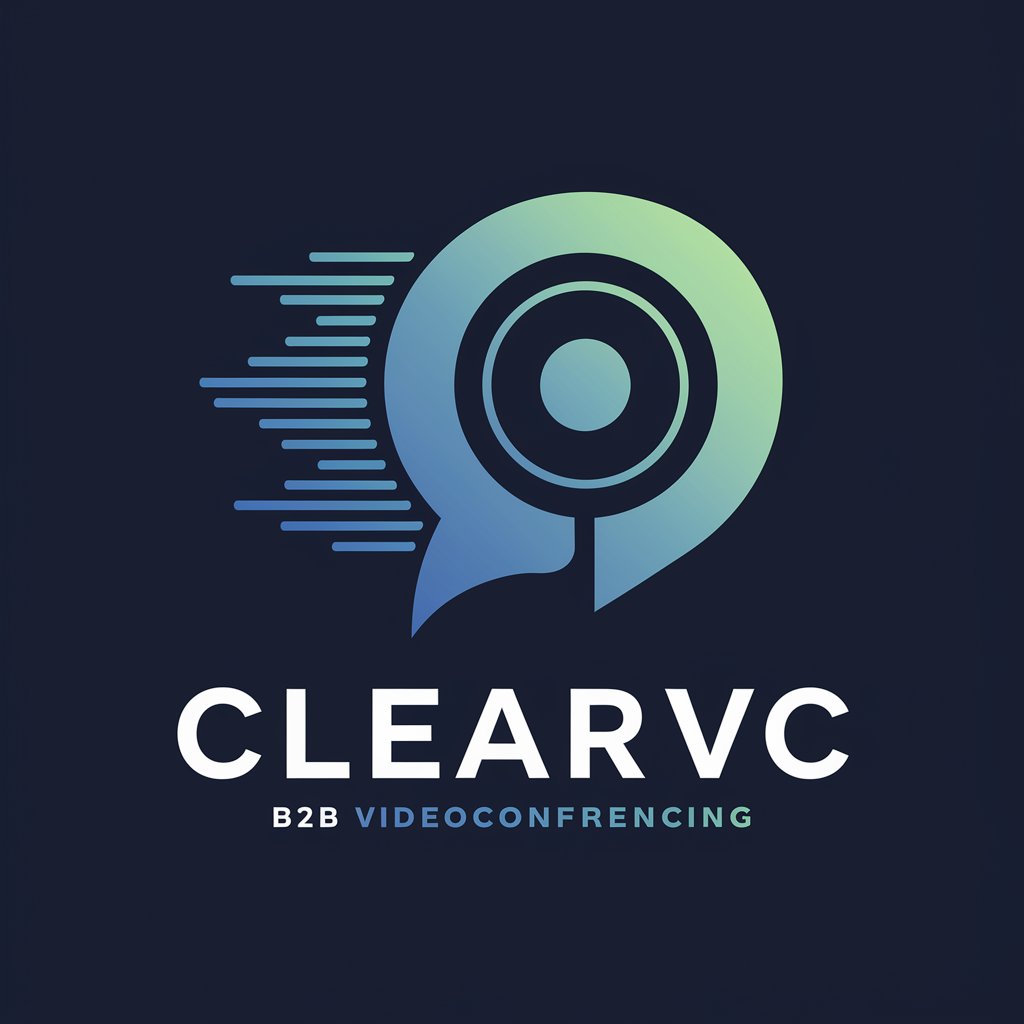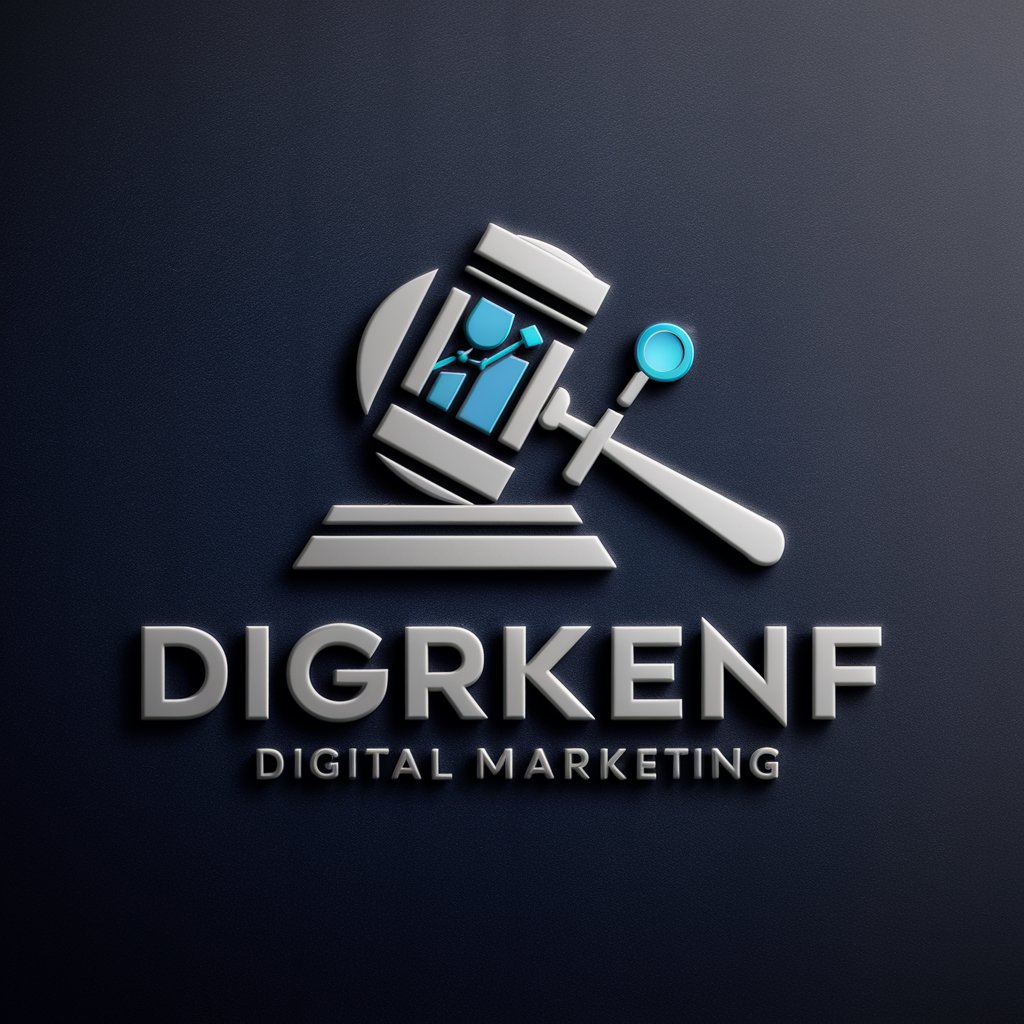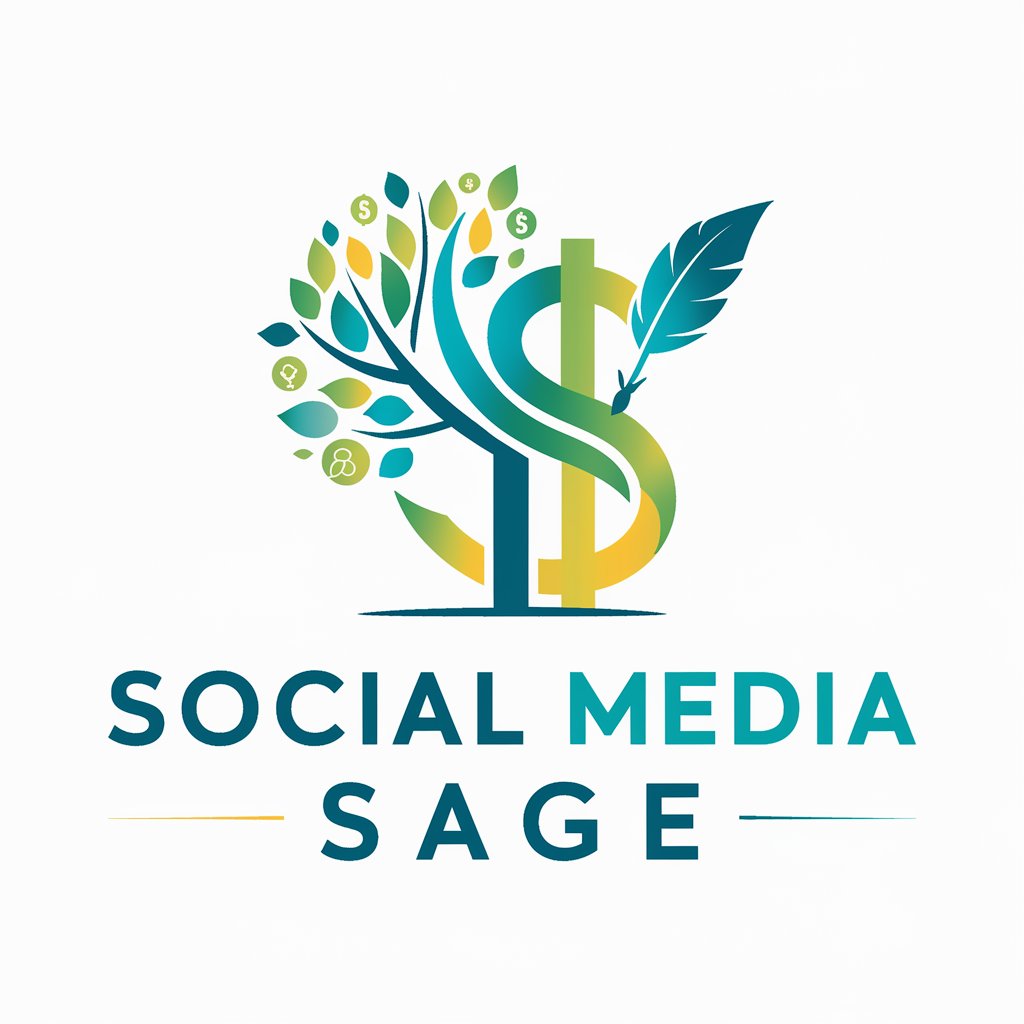5 GPTs for Paid Advertising Powered by AI for Free of 2025
AI GPTs for Paid Advertising refer to advanced artificial intelligence tools based on Generative Pre-trained Transformers technology, specifically engineered for enhancing and optimizing paid advertising efforts. These tools leverage the power of AI to analyze, predict, and automate various aspects of advertising campaigns, including keyword selection, ad copy generation, audience targeting, and performance analysis. The integration of GPTs into paid advertising signifies a transformative approach, offering highly tailored solutions that significantly improve the efficiency and effectiveness of ad campaigns.
Top 5 GPTs for Paid Advertising are: Cynthia,Lazy Web Wizard,search engine marketing,Legal Marketer,Social Media Sage
Cynthia
Empowering Your Videoconferencing Marketing

Lazy Web Wizard
Empowering Digital Presence with AI

search engine marketing
Amplify Your Online Presence with AI-Powered SEM

Legal Marketer
Empowering Law Firms with AI-Driven Marketing

Social Media Sage
Elevate your social presence with AI-powered insights

Key Attributes and Capabilities
AI GPTs for Paid Advertising are distinguished by their adaptability and comprehensive capabilities across the advertising spectrum. Core features include sophisticated language generation for crafting compelling ad copies, deep learning algorithms for audience analysis and targeting, and real-time optimization tools for campaign management. Special functionalities such as image creation for visual ads, technical support for troubleshooting, and advanced data analytics for performance tracking further set these tools apart. Their ability to learn from data enables them to continuously improve campaign strategies over time.
Who Benefits from AI GPTs in Paid Advertising?
The primary beneficiaries of AI GPTs for Paid Advertising include digital marketers, advertising professionals, and businesses of all sizes looking to maximize their advertising ROI. These tools are also invaluable to novices in the advertising field, offering user-friendly interfaces that simplify complex ad campaign processes. For developers and tech-savvy users, the tools provide extensive customization options, allowing for the integration of AI capabilities into existing systems or the development of bespoke advertising solutions.
Try Our other AI GPTs tools for Free
Cross-Browser Testing
Discover AI-powered GPT tools for Cross-Browser Testing, revolutionizing web application compatibility across browsers with automated, intelligent testing solutions.
Compatibility Research
Discover how AI GPTs for Compatibility Research revolutionize the way we approach compatibility studies, offering precise, data-driven insights for informed decision-making.
Cultural Excursions
Discover the world of culture with AI: Tailored cultural insights, interactive learning, and immersive explorations at your fingertips.
Herbal Formulation
Discover how AI GPTs for Herbal Formulation are transforming the field with tailored solutions for analyzing, optimizing, and innovating herbal remedies.
Policy Influence
Discover how AI GPTs for Policy Influence harness advanced AI to streamline policy making, analysis, and advocacy, offering customized solutions for stakeholders.
Retention Boost
Explore how AI GPTs for Retention Boost can transform your retention strategy with predictive analytics, personalized communication, and seamless system integration.
Enhanced Solutions through AI GPTs
AI GPTs for Paid Advertising offer customizable solutions that seamlessly integrate into various sectors, including e-commerce, healthcare, and finance. Their user-friendly interfaces facilitate easy adoption, while the potential for system integration ensures that businesses can leverage AI capabilities without overhauling their existing workflows. These tools not only enhance the precision and impact of advertising campaigns but also provide insights that inform broader marketing strategies.
Frequently Asked Questions
What exactly are AI GPTs for Paid Advertising?
AI GPTs for Paid Advertising are AI-driven tools designed to optimize and enhance advertising campaigns through data analysis, content generation, and automation.
How do these tools improve advertising campaigns?
They analyze large volumes of data to predict audience behavior, generate high-quality ad content, and optimize campaign settings for better performance and ROI.
Can non-technical users easily use these AI GPT tools?
Yes, these tools often come with user-friendly interfaces that simplify complex processes, making them accessible to users without technical expertise.
Are there customization options for developers?
Absolutely, developers can access APIs and other programming interfaces to tailor the tools to specific needs or integrate them into existing systems.
Do AI GPT tools support image creation for ads?
Yes, some AI GPT tools include image creation capabilities, enabling users to generate visual content for their advertising campaigns.
How do these tools handle data privacy and security?
AI GPT tools for Paid Advertising are designed with robust security measures to protect user data and comply with privacy regulations.
Can these tools predict campaign performance?
Yes, through advanced data analytics and learning algorithms, these tools can forecast campaign outcomes and suggest optimizations.
How do AI GPTs adapt to changes in advertising trends?
These tools continuously learn from new data, allowing them to adapt to evolving market trends and consumer behaviors.